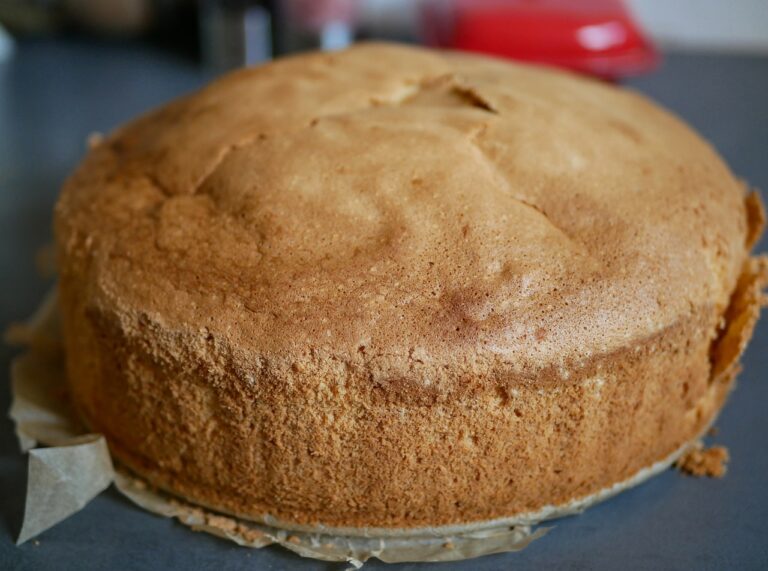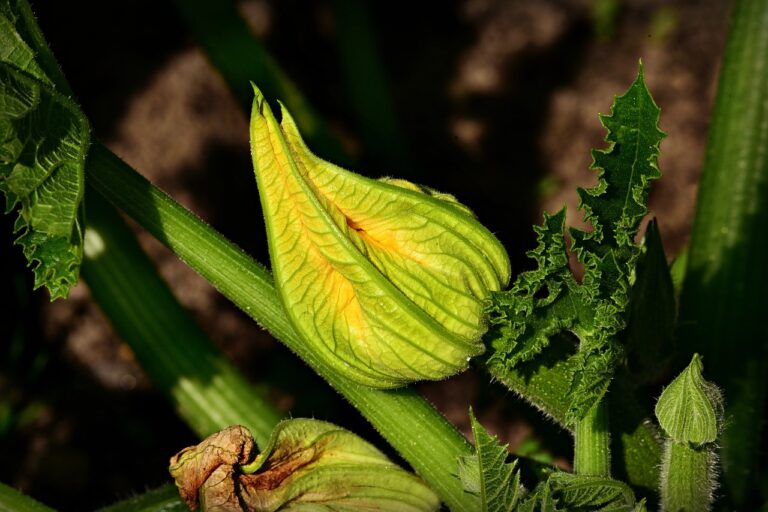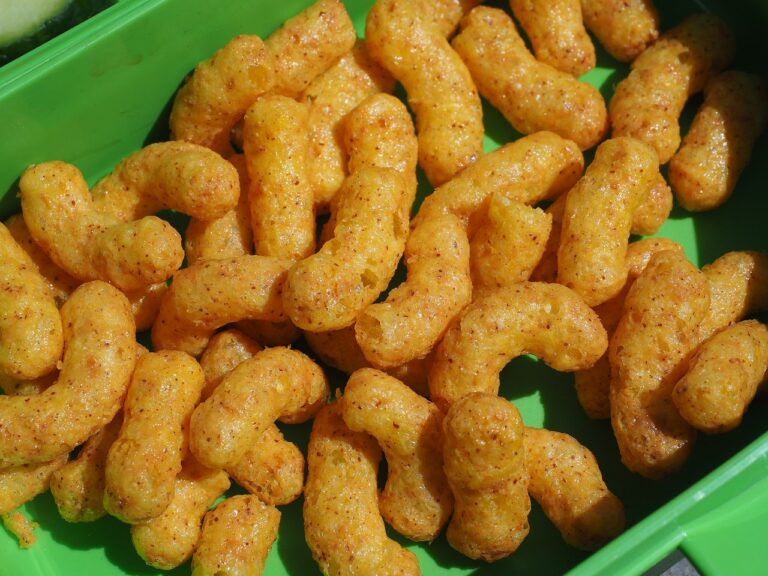The Role of Lysine in Pet Food for Respiratory Health in Cats: www.world777, 11xplay.online, Bet book 247
www.world777, 11xplay.online, bet book 247: Lysine is an essential amino acid that plays a crucial role in maintaining respiratory health in cats. This amino acid is not produced by the cat’s body, so it must be obtained through their diet. Lysine is known for its ability to inhibit the replication of the feline herpesvirus-1 (FHV-1), which is a common cause of respiratory infections in cats.
Incorporating lysine into your cat’s diet can help boost their immune system and reduce the severity and frequency of respiratory infections. Many pet food manufacturers have recognized the importance of lysine in promoting respiratory health in cats and have started adding it to their formulations.
Here are some ways lysine can benefit your cat’s respiratory health:
1. Prevention of Respiratory Infections: Lysine has been shown to inhibit the growth of FHV-1, which is responsible for causing symptoms like sneezing, nasal discharge, and eye inflammation in cats. By including lysine in your cat’s diet, you can help prevent these respiratory infections and keep your feline friend healthy.
2. Reduction of Symptoms: If your cat is already suffering from a respiratory infection, lysine can help reduce the severity of their symptoms. It can help shorten the duration of the infection and make your cat more comfortable during the recovery process.
3. Boosting Immune Function: Lysine is an important nutrient for supporting the immune system. By including lysine in your cat’s diet, you can help strengthen their immune response and make them less susceptible to respiratory infections.
4. Support for Senior Cats: Older cats are more prone to respiratory infections due to age-related changes in their immune system. Lysine can provide additional support for senior cats and help them maintain respiratory health as they age.
5. Stress Relief: Stress can weaken your cat’s immune system and make them more vulnerable to respiratory infections. Lysine can help reduce stress levels in cats and support their overall well-being.
6. Improved Respiratory Function: By including lysine in your cat’s diet, you can help improve their respiratory function and ensure that they are breathing comfortably. This is especially important for cats with respiratory conditions like asthma.
In conclusion, lysine plays a vital role in maintaining respiratory health in cats. By incorporating lysine into your cat’s diet, you can help prevent respiratory infections, reduce symptoms, boost immune function, support senior cats, relieve stress, and improve respiratory function. Consult with your veterinarian to determine the appropriate lysine supplementation for your feline friend and choose pet food formulations that include lysine for optimal respiratory health.
FAQs:
Q: Can I give my cat lysine supplements instead of including it in their food?
A: While lysine supplements are available, it is generally more effective to provide lysine through your cat’s food. Consult with your veterinarian before giving your cat any supplements.
Q: How much lysine should I give my cat?
A: The recommended dosage of lysine for cats varies depending on the formulation and your cat’s weight. Consult with your veterinarian for personalized advice.
Q: Are there any side effects of lysine supplementation for cats?
A: Lysine is generally considered safe for cats, but excessive consumption can sometimes lead to digestive issues. Follow your veterinarian’s recommendations for lysine supplementation.
Q: Can I feed my cat lysine-rich foods instead of supplements?
A: Lysine-rich foods like fish, chicken, and beef can be included in your cat’s diet to provide this essential amino acid. However, it is essential to ensure that your cat’s overall diet is balanced and meets their nutritional needs.







